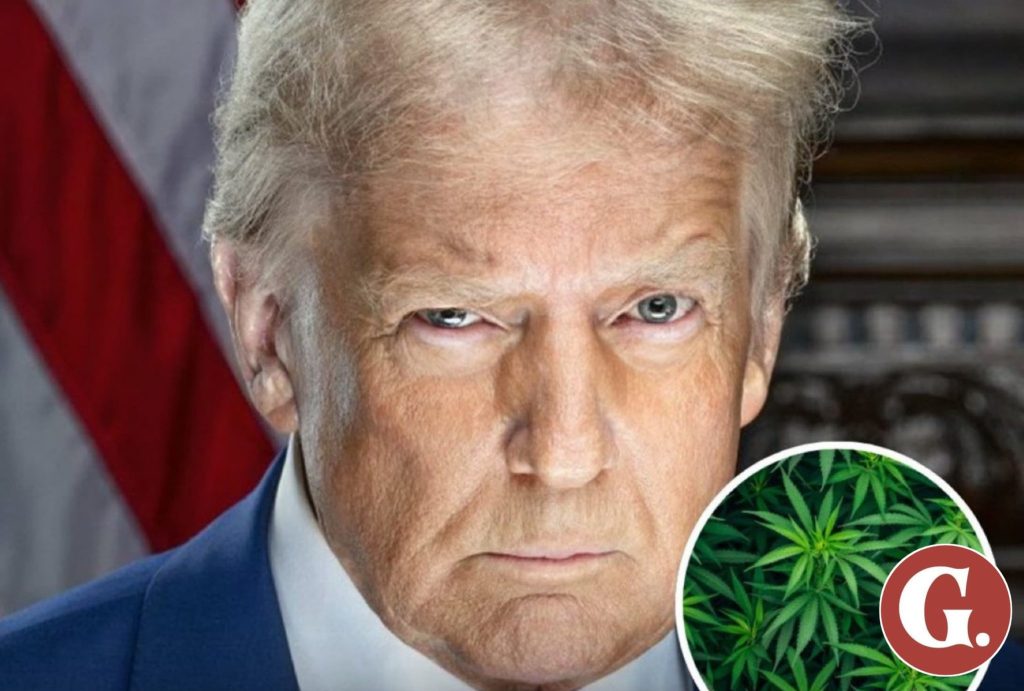Donald Trump Reportedly Considering Reclassifying Marijuana as a Less Dangerous Drug—Could Change Everything
I read something today that made me do a double-take—President Trump is reportedly considering reclassifying marijuana from a Schedule I drug to a less dangerous category, possibly Schedule III. Yes, the same guy who once seemed firmly on the anti-weed side, now eyeing a major policy shift—it’s wild, and maybe not entirely unexpected.
According to multiple credible outlets, including The Wall Street Journal, this conversation took place at one of those eyebrow-raising $1 million-a-plate fundraisers at his golf club in New Jersey. Present that evening was Kim Rivers, CEO of Trulieve, one of the biggest players in the cannabis industry. She encouraged Trump to support the reclassification and expand medical marijuana research. It wasn’t just casual chatter—he reportedly expressed interest and flagged it to his staff, a signal that the idea didn’t fall on deaf ears.
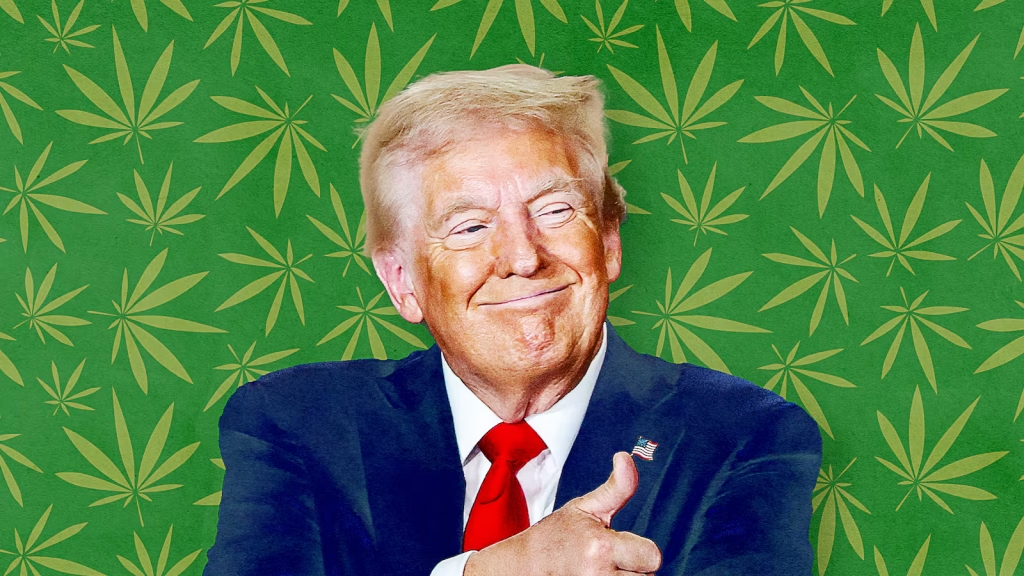
From what I’m hearing, a switch to Schedule III wouldn’t make marijuana completely legal, but it would lift many of the current federal restrictions. Right now, it’s in the same category as heroin and LSD—drugs defined as having no accepted medical use and high potential for abuse. Moving it down to Schedule III would align it more with drugs that have recognized medical uses and moderate regulatory control. That shift alone could open doors for more research, easier access, and a more robust legal market.
What’s fascinating is how this move lines up with shifts we’ve seen before. The Biden administration had explored similar reclassification but never pulled the trigger. And now, through political fundraising and lobbying, the push has found traction again. Trulieve and other cannabis businesses have reportedly poured millions into Trump-aligned political channels, hiring heavy hitters and pollsters to buttress their case. Some polling data presented showed up to 80% of independent voters support reclassification—language Trump’s team reportedly finds very appealing.
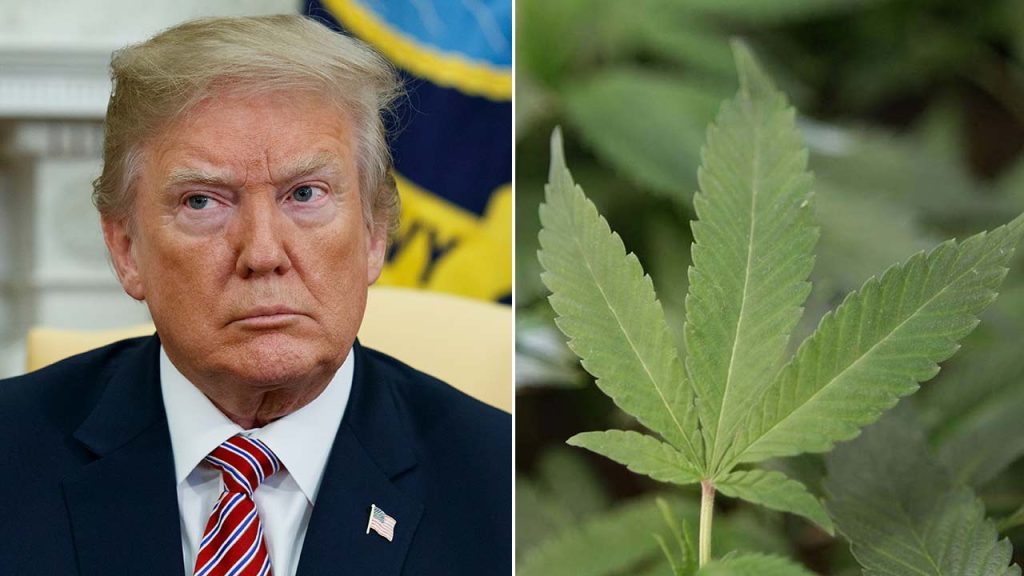
Of course, Trump himself isn’t exactly sanctifying the plant. Reports say he’s joked about disliking the smell and even historically warned about potential impacts like IQ decline. But in that very room, surrounded by advisers and industry leaders, he chose to lean into what public sentiment and potential political gain suggest. It’s the classic political calculus: weigh the base reaction, public opinion, and economic potential.
Looking back at the early years of his presidency, Trump wasn’t always so open to cannabis. His administration rescinded the Cole Memo, which had eased federal prosecution in states where marijuana was legal. Yet he also signed the 2018 farm bill, allowing hemp to be legally grown. His stance on drug policy has clearly evolved under pressure.
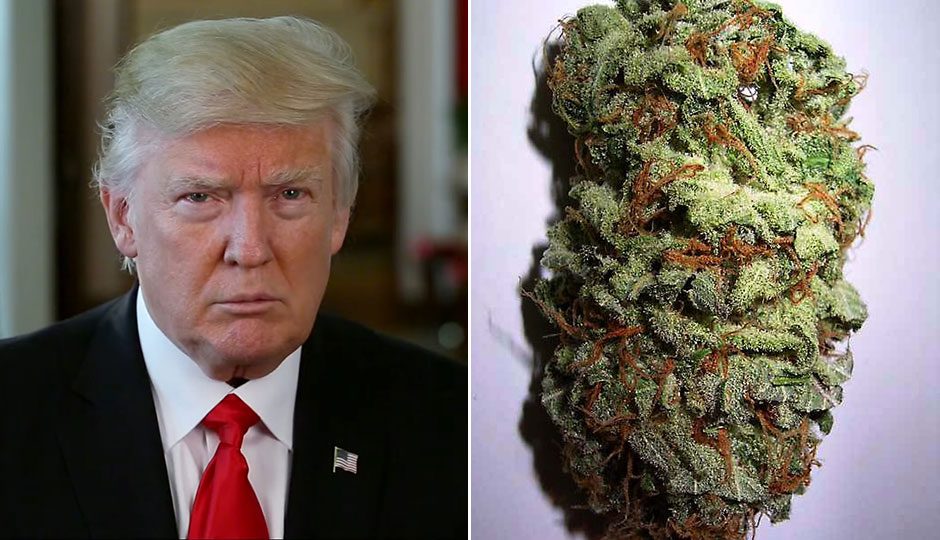
What would this change even mean on the ground? Potentially a lot. For one, it would open the door for broader medical studies and potentially FDA regulation. It would make it easier for patients, entrepreneurs, and states to operate in a gray zone that currently feels locked up under federal law. Taxes, banking, interstate commerce—all of it could shift alongside reclassification.
But it wouldn’t happen quickly. These are still early discussions and internal debate is ongoing. The White House says all policy and legal implications are under review. No decision has been made.
What makes me pause is how symbolic this could be. A former skeptic willing to revisit the subject in a more favorable light—that’s a signal that public perception and commerce are reshaping policy. It could also broaden Trump’s appeal to younger voters and suburban moderates, especially in states that already lean toward legalization.
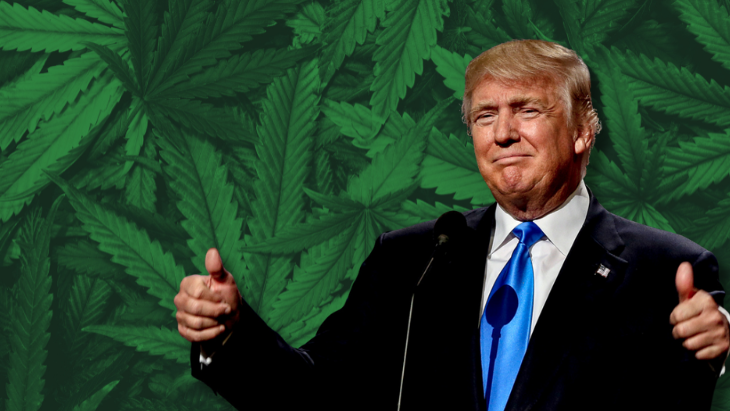
My gut says this isn’t just posturing. There’s been enough groundwork, lobbying firepower, and polling to suggest real momentum. If it does happen, it may not fully legalize marijuana at the federal level—but reclassification could finally loosen the federal grip on a product that’s already legal in much of the country.
Is it the right move? Depends who you ask. Proponents argue it’s overdue recognition of medical benefits and public opinion. Opponents warn of public health risks, especially to youth. But whatever happens, this conversation alone marks a turning point—marijuana is clearly not the taboo it once was, and politics, economics, and science are pushing it into a new chapter.
If Trump does it—if he actually moves to drop marijuana to Schedule III—it won’t just be policy. It could reshape the industry, touch courtrooms, pharmacies, and agribusiness. And it may even reshape our national approach to a plant that for decades was off-limits federally but commonplace in homes and clinics. At the very least, it’s a reminder that nothing stays fixed in American politics—not even the scheduling status of a controversial drug.
